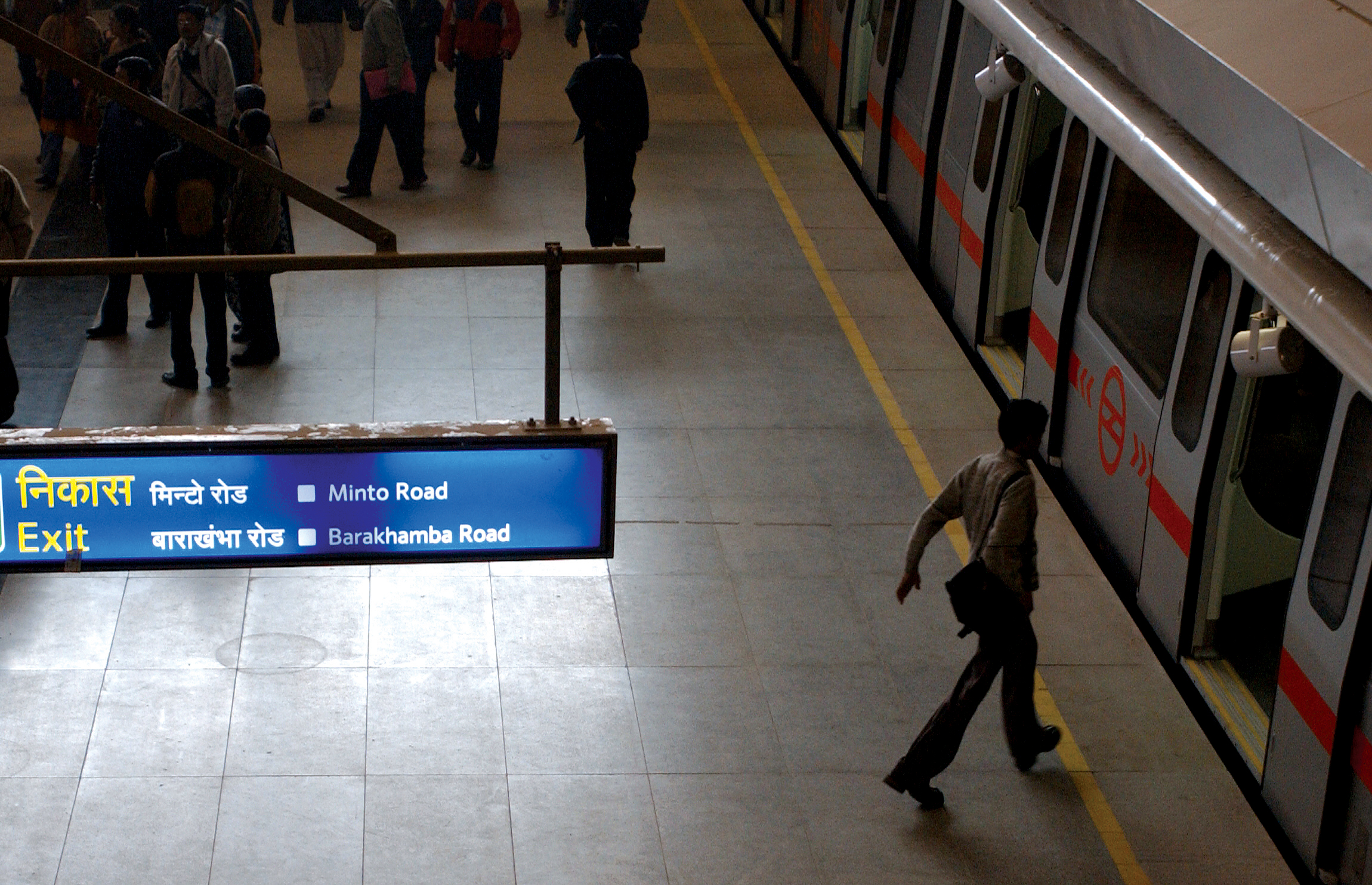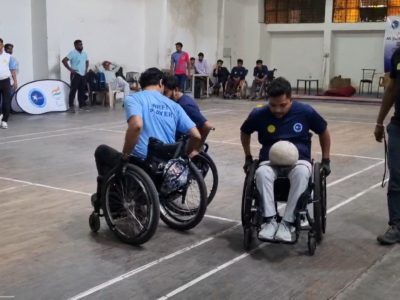Busy Metro stations like Kashmere Gate, Huda City Centre, Shahdara, Central Secretariat and Rajiv Chowk are prime targets for petty theft, especially on escalators
At Rajiv Chowk Metro station the other day, one of the men boarding the train grabbed another’s collar roughly and began a full-fledged fight, right there on the platform!
Some of the travellers indifferently stepped over these full-grown men rolling about on the floor, while others stood around them as polite spectators, not doing much to break up the fight. It took a while to register why exactly they were fighting. As it turns out, the gentleman boarding the train thought that the other had attempted to steal his phone from his pocket. The accused man was thoroughly patted down and it was found that he was not in fact guilty.
According to data provided by the CISF (Central Industrial Security Force), 401 women and 120 men had been identified as pickpockets and apprehended by the first half of 2017. This number amounted to at least three times that of the numbers collected within the first five months of 2017. Almost 90% of the perpetrators are women, informed CISF.
Some of the stations that are frequently the sites for such petty crimes are Kashmere Gate, Huda City Centre, Shahdara, Central Secretariat and Rajiv Chowk. The stations with interchanging lines in particular see the highest amount of criminal activity. CISF personnel have revealed that most people prefer not to file complaints or register FIRs. And in such situations the officers can do nothing except let the culprits go free. Typically, the culprits switch compartments or disembark at the very next station once they have stolen a wallet or a phone or jewellery. On May 22, 2017, a suitcase was recovered with $20,000, which had been stolen off a commuter. But a fair few have been caught by the CISF personnel, as well the passengers on the train.
At the beginning of 2018, a few kingpins were identified, who ran their pickpocketing rings in and out of the Metro stations. They would create a choreographed situation where one of them would spot the victim, one would distract them, while another would steal the wallet.
Towards the end of last year, Simran Kapoor was travelling by Metro to work one day. After she got to the Dilshad Garden Metro station and sat in the train, she realised that the front pocket of her backpack was open and Rs 500 was missing. She had already crossed a few Metro stations by this point, but she travelled back to Dilshad Garden to see if anything could be done about it. On reporting the missing money to the authorities, she was taken into the surveillance room to review the CCTV footage along with the police. They saw that her backpack was open even when it went through the baggage checking belt. Later, however, the Metro authorities told her that the theft must have taken place when I was riding up the escalator from the concourse. “There were no cameras at the top of the staircase,” she adds. Apparently, a lot of such thefts take place on the escalators as it is easy for thieves to slip wallets and money out of pockets and bags when the victim is turned the other way and is not alert of their surroundings.
Extensive measures were taken by the Delhi Metro Police to curb these incidents. Anti-theft teams were dispatched, who would scatter themselves throughout the compartments sometimes in uniform and sometimes in plain clothes as well, to identify and apprehend the thieves.
The police found that since people were refusing to lodge FIRs or file complaints, the culprits were confidently going back to their thieving habits soon after they were being released from police detention. The police had to encourage the vast majority of the public that travels by Metro to file official complaints in order to help curb this crime.
Post 2017, the situation has been slightly better, with the number of petty thefts decreasing. Dinesh Kumar Gupta, Delhi Metro DCP, says this is because of the online portal for registration of complaints — “Many more complaints have started coming in, and the number of such cases has also decreased. Our teams have been able to apprehend many more thieves because of this.” He also reveals that the most common type of crime in the Metro railways is theft, and besides this, carrying of arms, walking on the tracks, and so on and so forth.
“The anti-theft teams are still in place,” he says, adding, “and they conduct their operations three to four times a week.” “But we have a lot of stations to cover, and limited staff, so conducting such operations every day is not possible for us”. Besides the monitoring in the stations, the Metro Police are constantly busy patrolling the platforms to keep an eye out for any foul play.





